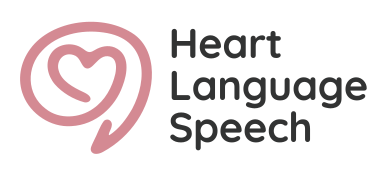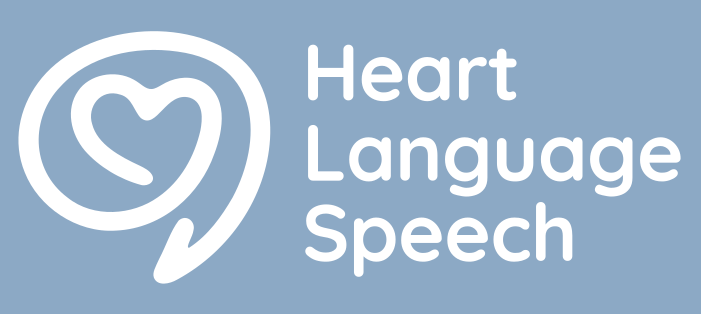You know your child better than anyone. When they chatter excitedly about their day or tell you an elaborate story about their stuffed animals, you understand every word. You’ve become an expert listener, picking up on their unique way of saying things and filling in the gaps without even thinking about it.
This is actually pretty amazing—it shows how attuned you are as a parent. But not everyone around you has developed this same superpower.
The Parent Ear Advantage
Over time, we parents naturally adapt to our child’s speech patterns. If your little one says “melp” instead of “milk” or “tat” instead of “cat,” you’ve learned their language. It happens so gradually that you probably don’t even notice you’re doing it. You just… understand.
The thing is, while you’ve been developing these expert listening skills, the rest of the world hasn’t. Grandparents, teachers, playmates, and even close family friends might be having a much harder time understanding what your child is trying to communicate.
When Understanding Becomes a Challenge
This doesn’t mean anything is wrong with your child – or with you as a parent. It’s simply the reality that communication works best when everyone involved can easily understand each other. When other people regularly have trouble following your child’s speech, it can affect your child’s confidence, social connections, and even their willingness to communicate.
How to Check Your Child’s Communication Circle
If you’re wondering whether others understand your child as well as you do, here are some gentle ways to find out:
Ask directly.
Reach out to trusted friends, family members, or your child’s teacher. A simple “How well can you understand [child’s name] when they talk?” can give you valuable insight.
Try the stranger test.
Notice how unfamiliar people—the barista at the coffee shop, a new neighbor, someone at the playground—respond when your child speaks to them. Do they smile and nod without really engaging, or do they ask follow-up questions?
Watch for translation moments.
Pay attention to whether you find yourself automatically repeating or “translating” what your child just said to others. We often do this unconsciously because we want to help our children be understood, but it’s a good indicator that their speech isn’t as clear to everyone else.
Notice frustration signs.
Is your child getting upset when others don’t understand them? Do they give up trying to communicate with certain people? These can be clues that their communication circle is smaller than it could be.
When to Seek Professional Insight
If you discover that others are having difficulty understanding your child, it might be time to chat with a speech therapist. This doesn’t mean you’ve missed something important or that your child definitely has speech issues. Think of it more like a wellness check—you’re gathering information to make the best decisions for your child.
Speech therapists are experts at determining what’s typical development and what might benefit from some support. Many assessments result in reassuring news: “Everything looks great, keep doing what you’re doing.” But if there are areas where your child could use some help, you’ll have a clear path forward.
The beautiful thing about getting this clarity early is that it puts you in the driver’s seat. You’ll know exactly how to support your child and help them communicate confidently with everyone in their world—not just their expert translator at home..
Moving Forward with Confidence
Your ability to understand your child so well is a testament to your connection and attention as a parent. Now you can use that same caring attention to help expand their communication circle, making sure that everyone gets to experience the wonderful things your child has to say.
Remember, seeking information isn’t about finding problems – it’s about making sure your child has every opportunity to be heard and understood by the world around them.


